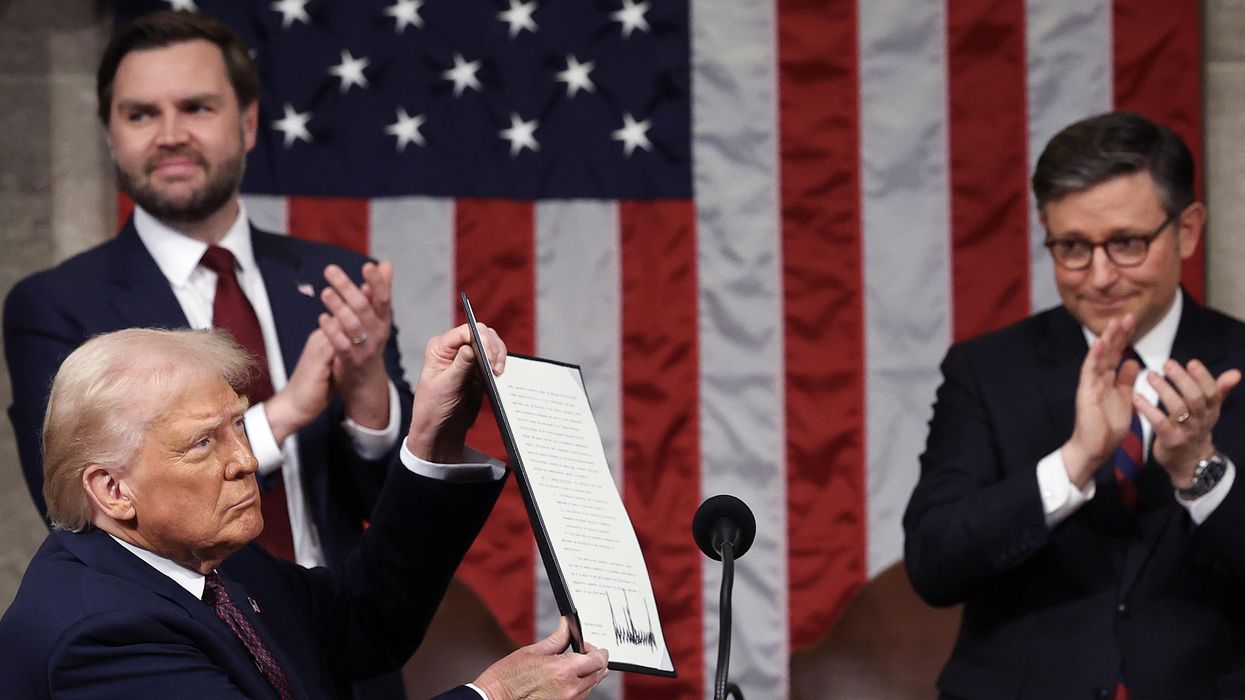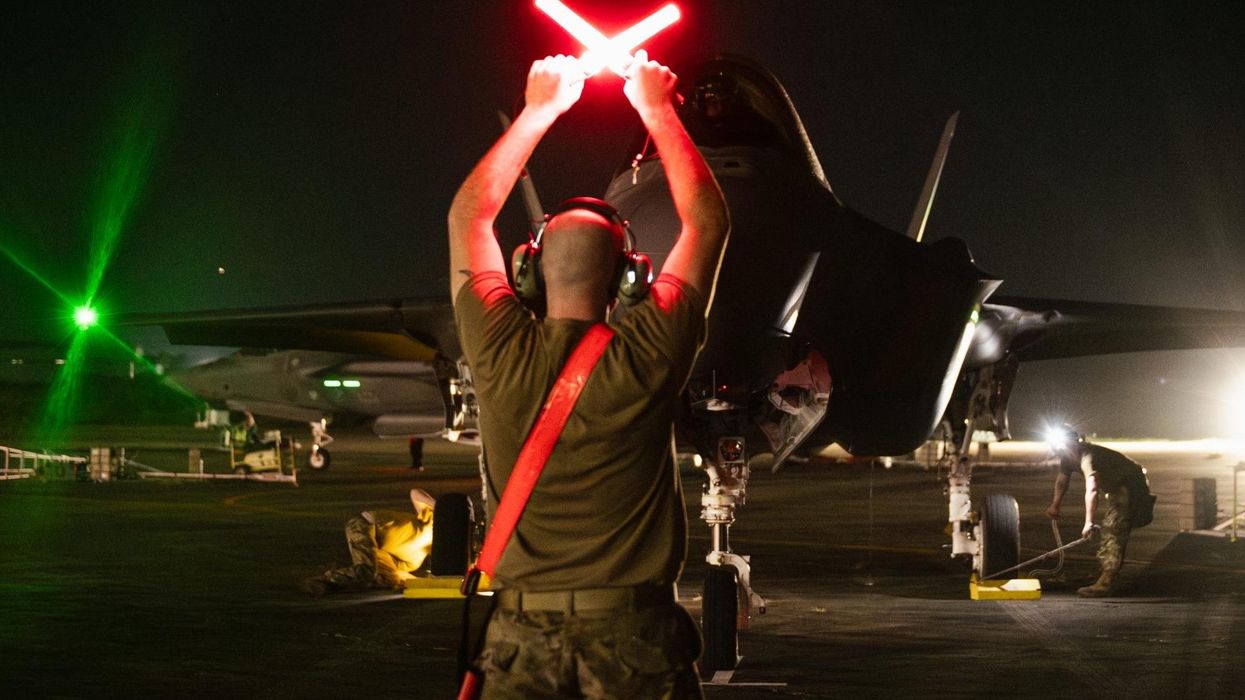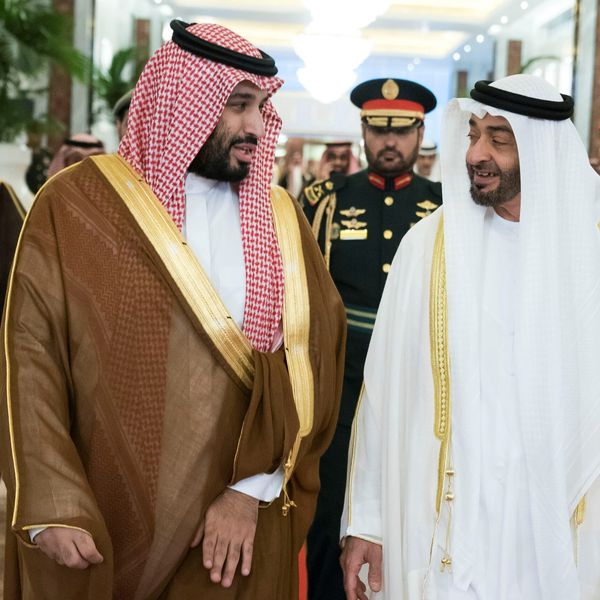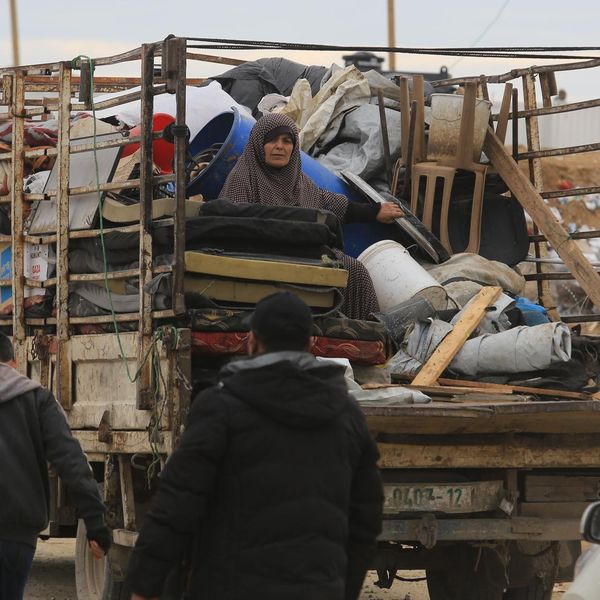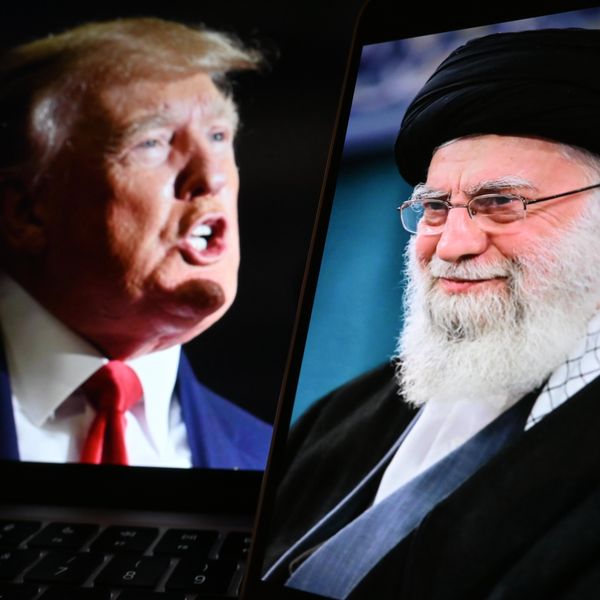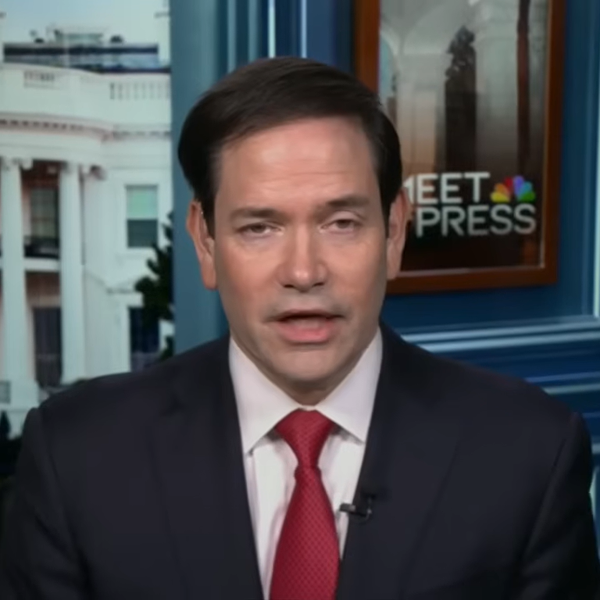UPDATE 2/26: The Office of the Director of National Intelligence released its report this afternoon directly linking Crown Prince Mohammed bin Salman to the murder and dismemberment of journalist Jamal Khashoggi in 2018.
President Biden has indicated that he will release the unclassified summary of the U.S. intelligence community’s findings on the murder of Jamal Khashoggi by a Saudi hit team in October 2018. The report is expected to demonstrate the role of the Saudi Crown Prince, Mohammed bin Salman, in ordering the plot to lure the journalist to the Saudi consulate in Istanbul, then kill and dismember him.
President Trump declined to release the intelligence report, flouting a request from Congress and preferring instead to maintain his administration’s unwavering support for MBS. Trump bragged to journalist Bob Woodward about protecting the Crown Prince, despite widespread outrage both in the United States and around the world at the lack of consequences for the prince’s likely role in the journalist’s brutal murder. Recent court documents draw additional connections between MBS and Khashoggi’s death, although the forthcoming report is likely to provide additional gruesome details.
The release of the intelligence report is the latest indication that the days of unquestioned U.S. support for Saudi Arabia in general and MBS in particular are over. Or are they?
For all Biden’s public expressions of censure — including the announcement last week that Biden would communicate with King Salman, who suffers from dementia, rather than his son, the de facto ruler — Biden has not shifted the foundations of the U.S. relationship to Saudi Arabia.
For example, despite Biden’s statement that Washington would end support for “offensive” Saudi military actions in Yemen, and would freeze “relevant” weapons sales, the administration has not clarified how “offensive” and “relevant” will be defined. During that address, Biden reaffirmed that the U.S. will “continue to help and support Saudi Arabia.” According to CENTCOM commander General Mckenzie, the U.S. will continue to cooperate with Saudi Arabia on counter-terror intelligence in Yemen. Given that U.S. policy towards Yemen was already defined by counter-terror objectives, McKenzie’s statement raises the question of whether U.S. policy in Yemen has substantively changed at all.
American troops remain stationed in Saudi Arabia. Trump redeployed to the “Land of the Two Holy Mosques” sixteen years after U.S. troops were withdrawn in 2003. Osama bin Laden had demanded that the U.S. military withdraw from Saudi Arabia, and the Bush administration decided that “giving in to the terrorists” was necessary to prevent additional attacks. U.S. air command in the Middle East was shifted to Al-Udeid Air Force base in Qatar.
Trump’s decision to send Americans back to Saudi Arabia reflected his myopic focus on Iran, which outweighed his promise to bring troops home from endless wars. Given that Washington was able to conduct the entire war in Iraq (2003-2011) as well as against ISIS (2014 to 2017) from its many other bases in the region, it is clear that the presence of American troops in Saudi Arabia is not militarily necessary. Removing U.S. forces from Saudi Arabia would allow Biden to show that he is serious about holding MBS and the Al Saud to account.
Yet on January 26, days into Biden’s presidency, the Pentagon announced the possibility of expanding its military presence in Saudi Arabia at the Red Sea port of Yanbu, as well as at existing Saudi military bases, including King Faisal Air Base in Tabuk, near Jordan, and King Fahd Air Base in Taif, where the proximity of Mecca would undoubtedly cause friction. Ostensibly, if Biden were serious about recalibrating the U.S. relationship to Saudi Arabia, he would not deploy additional troops to the Kingdom.
Biden’s expressions of toughness against Saudi Arabia may be intended to appease the U.S. public without altering the decades of U.S. support for the House of Saud. Americans have not forgotten that 15 of the 19 9/11 hijackers were Saudi, as demonstrated by the successful activism of the families of 9/11 victims that resulted in Congress passing JASTA in 2016 over President Obama’s veto. JASTA (Justice Against Sponsors of Terrorism Act) allows 9/11 families to sue a foreign state for acts of terrorism: litigation against Saudi Arabia on behalf of 9/11 families that resulted from JASTA’s passage is ongoing. The attack on the Pensacola Air Force base in Florida in late 2019 by a Saudi aviation student reiterated associations between Saudi Arabia and terrorist attacks on Americans.
Why is Biden so reluctant to change the U.S.-Saudi relationship? Despite Congressional efforts to hold Saudi Arabia accountable for the murder of Khashoggi, the U.S. weapons industry remains one of the most powerful forces lobbying on behalf of Saudi Arabia, as well as other Arab despots that enrich American weapons manufacturers. Although members of Congress continue to invest their own finances in the lucrative industry of weapons manufacture, some arms dealers are eager to escape the possibility of future Congressional limits on arms sales. After Biden announced a pause on “relevant” U.S. weapons sales to Saudi Arabia, arms merchant Lockheed Martin announced that it will establish a joint venture with Saudi Arabian Military Industries (SAMI). Weapons makers are likely to pursue further strategies to evade Congressional oversight of arms sales to wealthy Gulf monarchs, as well as other human rights abusers and war criminals around the world.
The U.S. arms industry maintains that if America did not sell weapons to unsavory governments, Russia, China, or other rivals would. The standard response is that existing defense systems are too closely tied to American operating systems to allow them to integrate Russian or Chinese weapons, and that a full transition would take decades of investment. Yet more fundamentally, why should the U.S. continue to be the world’s top weapons exporter? The result of this policy has been blowback and the enrichment of arms executives. Education, healthcare, and clean energy are superior jobs producers.
Biden’s apparent unwillingness to put pressure on Saudi Arabia is ill-advised. Washington’s current stance encourages Saudi Arabia, as well as the UAE and Israel, to act aggressively, pursuing policies that destabilize the region, foment violence, and undermine U.S. interests. The United States is not reliant on these countries, and should demonstrate that they can no longer bully Washington into promoting their preferred policies, namely antagonizing Iran, brutalizing Yemen, and maintaining apartheid in Palestine.
Biden should pursue a fundamentally new approach to America’s partners in the Middle East, one that makes clear that Washington will only work with these countries in their efforts to reduce tensions and foster stability. Biden must insist that the U.S.-Saudi relationship will only survive if Saudi Arabia stops bombing and starving Yemen. Then Biden and the GCC should include Iran in a regional security architecture intended to allow all countries to reduce tensions and waste fewer resources on their militaries and instead invest in their populations’ health, education, employment, and welfare. Biden would do well to make similar changes here at home, shifting resources away from the Pentagon and towards supporting Americans.
Instead, on his call with King Salman prior to the release of the Khashoggi report, Biden is likely to reassure the aging king that despite appearances, he does not plan to shake the foundations of the relationship, which was historically based on U.S. dependence on Saudi oil and now is dependent on the Saudi government’s appetite for U.S.-made weapons. Despite Biden’s statement on the campaign trail that he would make Saudi Arabia a “pariah,” he seems to prefer for Saudi Arabia to be a “pariah with benefits.”


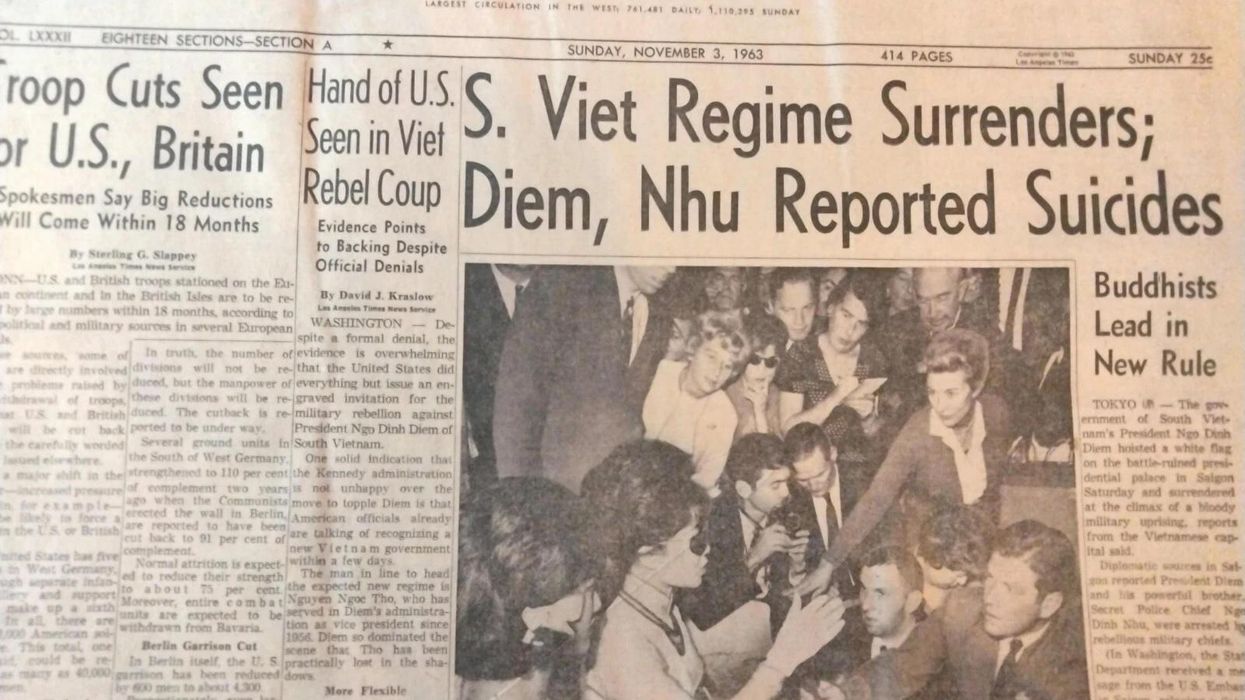
 Top photo credit: Ngô Đình Diệm after being shot and killed in the 1963 coup (US National Archives)
Top photo credit: Ngô Đình Diệm after being shot and killed in the 1963 coup (US National Archives) 